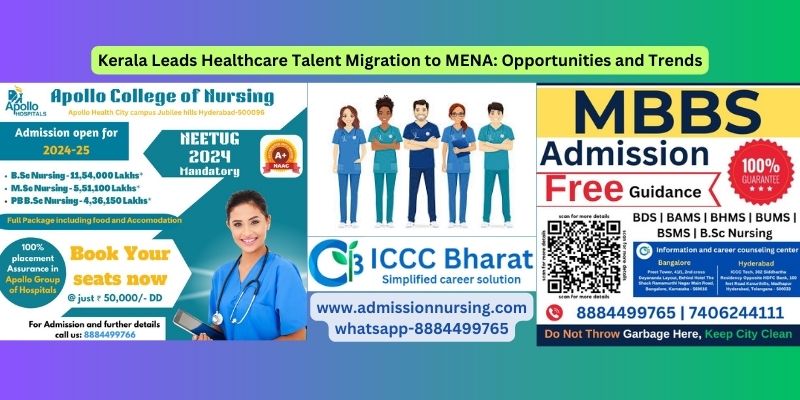Authorities have been alerted to irregularities in the allocation of MBBS and MD/MS seats in Delhi, leading to a significant investigation. The Delhi Police have confiscated computers belonging to two senior officials at the National Medical Commission (NMC) as part of this investigation. Additionally, police have questioned several senior officials from medical colleges.Times of India had exposed large-scale irregularities in this matter. Now, Delhi Police have also confirmed the validity of these reports.
According to a senior police officer, inspections were conducted at the office of the Medical Assessment And Rating Board (MARB) at NMC’s Dwarka premises. This move aims to aid in preventing unauthorized access to the premises during the period when permissions were being granted to increase seats in medical colleges. In Dwarka, police confiscated computers used by Sameer Sinha (former Deputy Secretary, MARB-NMC) and Prabhat Kumar (former Under Secretary). Both officials were interrogated, during which they denied sending any emails. It is believed that besides the footage, Delhi Police have also requested original and certified copies of the public notices and permission letters issued by NMC. This comparison will be made with the individuals who received them.
The Investigation and Possible Expansions:
Police are investigating the involvement of several senior officials at NMC and 4-5 medical colleges. An officer disclosed that increases in seat allocations were made for MBBS, MD, and MS programs. One college was granted permission to increase MS seats in Ophthalmology from 5 to 10, MD seats in General Medicine from 7 to 24, and MS seats in ENT from 1 to 4. Police have not yet revealed the exact number of seats fraudulently increased in various colleges. Last August, discrepancies were discovered in permission letters, leading to an investigation by NMC and subsequent complaints filed with the police.
Under the IPC, complaints were lodged for criminal conspiracy and fraud, along with Section 66C of the IT Act. The primary complaint was filed by A.K. Singh, former Deputy Secretary, MARB-NMC. In his complaint, Singh stated that various medical colleges were issued fake permission letters through the official email ID (ds.marb@nmc.org.in). Internal investigations have refuted claims of sending such emails or issuing unauthorized permission letters. Another officer allegedly increased seat allocations for several colleges via NMC’s website. Last year in August, NMC issued a notice declaring these permission letters invalid. These letters were not issued by the members/chairman and were deemed fraudulent. The police are nearing the conclusion of their investigation and anticipate arrests soon. Police Commissioner Sanjay Arora is closely monitoring the case.

